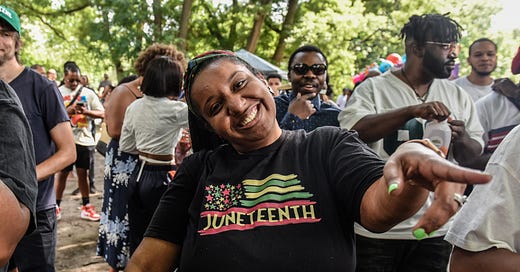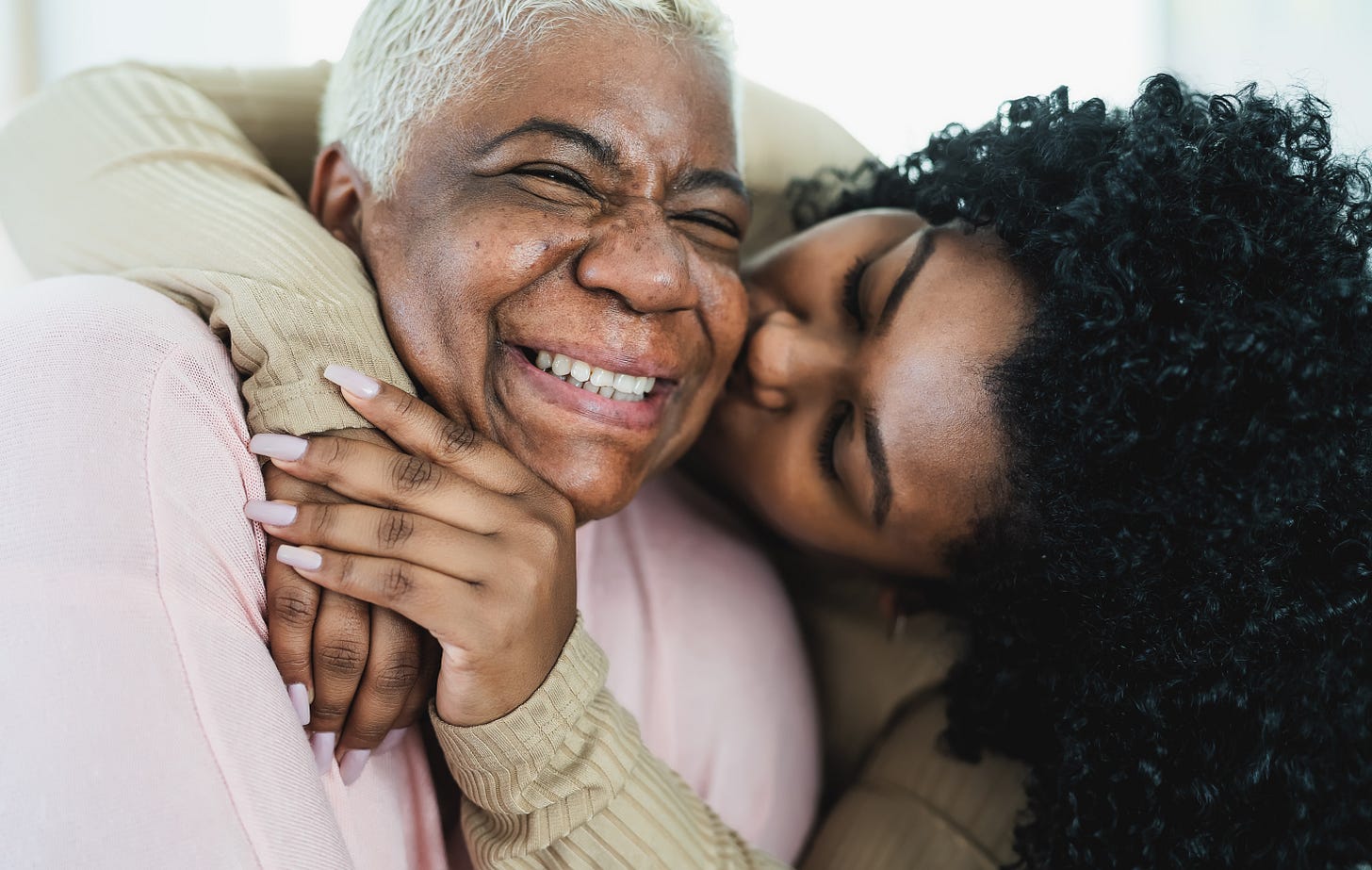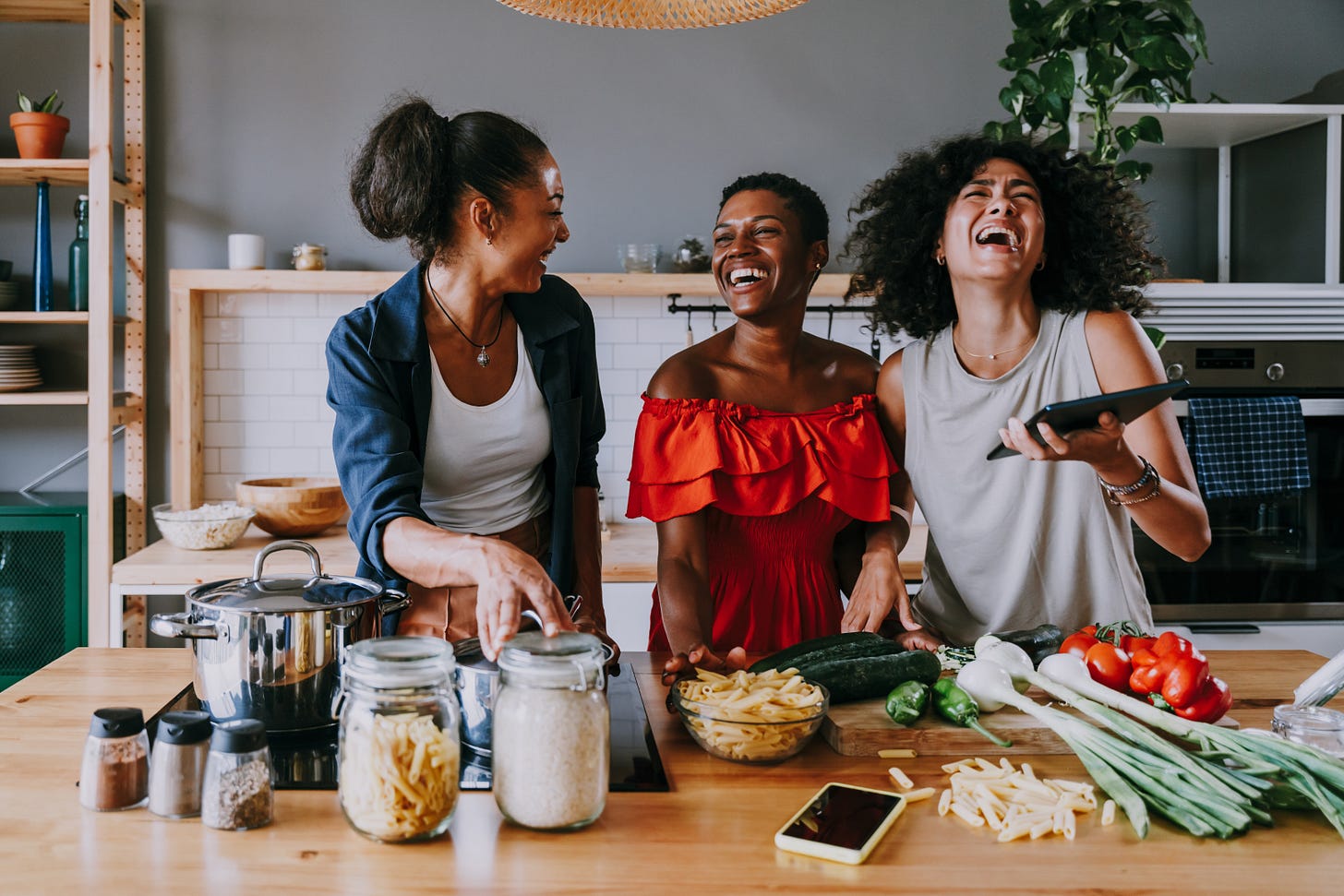Today marks Juneteenth, the 160th anniversary of June 19, 1865, when enslaved people in Galveston, Texas, learned of their freedom — two and a half years after President Abraham Lincoln signed the Emancipation Proclamation. Also known as “Jubilee Day,” Juneteenth stands as a powerful historical moment and a cornerstone of Black heritage, honored through festivals, music, reflection, historical reenactments, voter registration, and community gatherings. It is not only a commemoration of liberation, but a vibrant celebration of Black joy — a rejoicing that affirms the vitality and resilience of Black people and communities.
While Juneteenth is now recognized as a federal holiday, the country is simultaneously witnessing a surge in attacks on Black history and heritage, including a rise in censorship laws that ban or restrict discussions of race, slavery, and systemic oppression in classrooms. These anti-truth efforts do more than deny history: they actively distort it, denying communities the right to understand the full breadth of this country’s history. The parallel is stark between news of freedom actively being kept from enslaved people in Texas and the continued denial of truth we face today.
Celebrating and cultivating joy on Juneteenth is a powerful way to resist these efforts by recognizing the continued importance of our heritage, voices, and stories. Here are some ways you can resist with joy this Juneteenth:
1. Read Banned Books
Over the last few years, book bans have surged — and they frequently aim to pull texts from schools and libraries in particular. Books frequently targeted for bans cover topics of race, gender, or sexuality, and BIPOC and LGBTQ+ authors’ books are also more likely to be banned. Reading banned books is a great way not only to gain knowledge, but to resist censorship and anti-truth efforts. You can find a list of banned books from PEN America here — and also support your local library by staying up-to-date on its programs and initiatives.
2. Preserve Your Family Stories
Amid increasing attacks on the teaching of Black history and heritage, our histories and stories must be preserved. So often, history serves as a fundamental vehicle not only to learn about the past, but also to inform the future. It is up to us to shape the telling of Black history to make sure it’s honest, accurate, and respects the experiences of those who lived it. Begin by engaging in conversations with family members, neighbors, and community members about local history, and support museums and cultural institutions that specialize in Black history and heritage.
3. Vote (In Every Election)
Your voice matters — and your vote is one of the most powerful tools you have to shape your community and your future. Voting is not only critical in presidential and state elections, but in local and school board elections as well. These elections shape investments and the distribution of resources within communities, including infrastructure, health care, schools, representation, and more. Head to vote.gov to make sure you are registered to vote, and use this tool from the U.S. Vote Foundation to check when the next state and local elections in your area are.
4. Prioritize Self-Care
In a particularly challenging social and political climate, it’s incredibly important to look after yourself. Make sure that you are cultivating joy for yourself through taking care of yourself — doing things that you love, that you value, and that replenish you. Self-care shows up in the small, day-to-day habits we have that can support us and help prevent burnout. Whether it’s taking a long walk in your favorite park, listening to your favorite song from a playlist, or cooking your favorite food, sometimes, the little things matter.
5. Cultivate Community Care
Our communities’ collective well-being depends on how we show up for one another. By supporting each other, we stand stronger together. Checking in on your neighbors, sharing information about community resources, supporting local mutual aid efforts, and attending community events are all examples of how to create shared spaces where people feel seen, safe, and supported.
Juneteenth stands as both a historical milestone and a living tradition — a celebration of not only reaching delayed liberation, but the enduring truth that Black communities have always held the resilience and spirit of freedom within. In choosing joy, we honor our ancestors and carry forward their legacy, continuing to forge a future grounded in collective power, agency, and justice.











